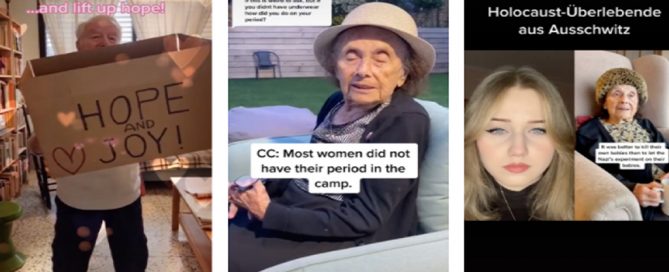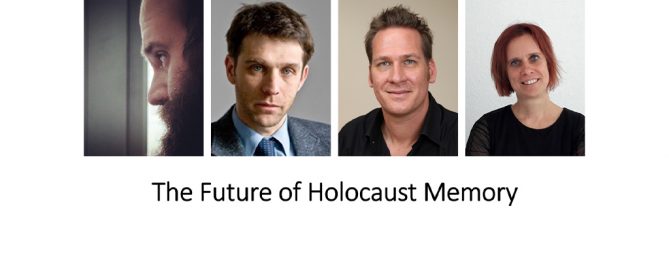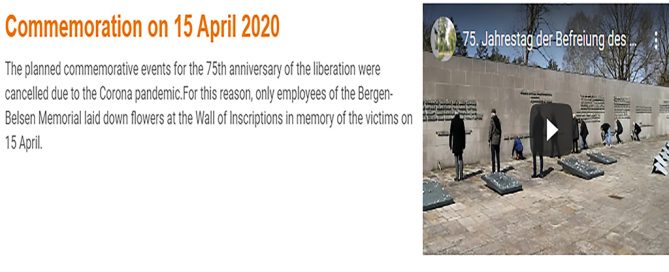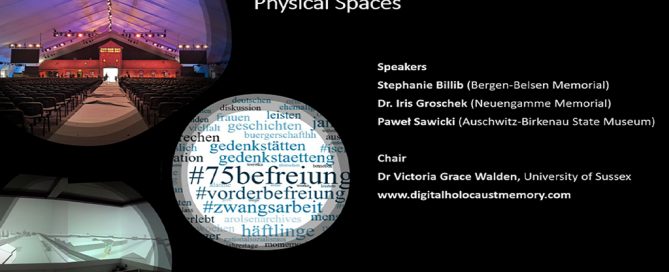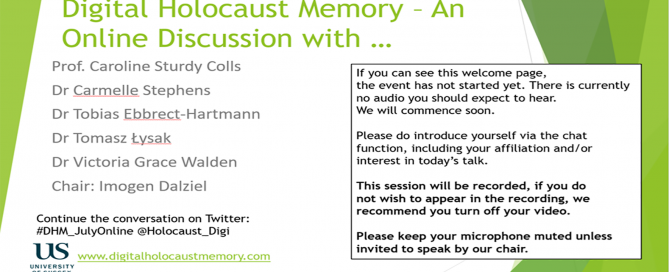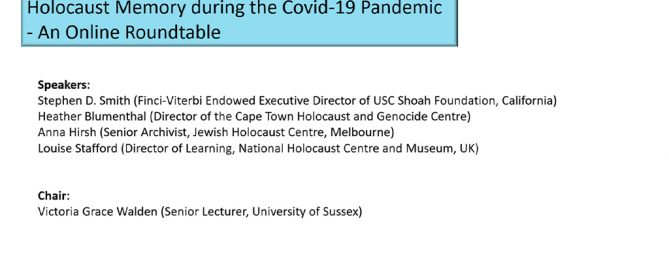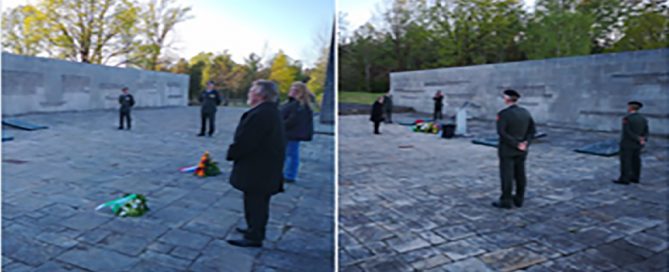Serious TikTok: Can You Learn About the Holocaust in 60 seconds?
by Tobias Ebbrecht-Hartmann and Tom Divon, Hebrew University, Jerusalem In this month's post, our guest contributors explore multimodal education and commemoration of the Holocaust on today's most popular social media platform. In less than a year, the trending short-video platform TikTok transformed from a mostly entertaining environment for lip-syncing, dancing, and other self-performances into an interest-based platform for sharing information about politics, sexuality, identity, history, and other topics. This development was accompanied by the rise of a format which we describe as “serious TikTok”. In such videos, users communicate socio-political affairs in engaging ways through digital storytelling while harnessing the platform’s features, aesthetics, and dialects, allowing them to creatively unpack complex topics, contextualise and provide information. Following a controversy about TikTok users who performed as fictional Holocaust victims in a #POVHolocaustChallenge in August 2020, as well as the increase in antisemitic harassment and hate speech on the platform, ways of seriously dealing with the complex history of the Holocaust on TikTok gained special attention. In the following, we explore the specific modes individual and institutional TikTok creators use to address the history and memory of the Holocaust in their short video-memes and their ways of using TikTok’s aesthetics and vernaculars [...]
